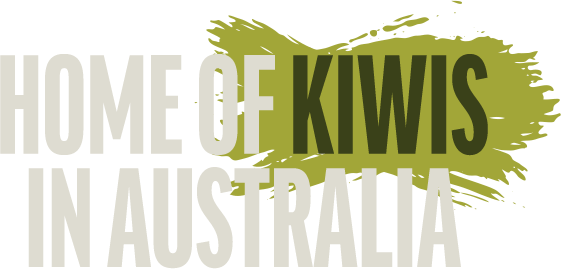What is Medicare?
Medicare is Australia’s universal health scheme. It is a Commonwealth government program that guarantees all citizens (and some overseas visitors including New Zealand citizens living in Australia) access to a wide range of health services at little or no cost. People who are eligible for Medicare get free public hospital treatment and free or subsidised treatment from doctors, as well as access to subsidised pharmaceuticals.
Benefits of Medicare
The objectives of Medicare are to make health care affordable for eligible citizens, to give eligible citizens access to health care services with priority according to clinical needs and to provide a high quality of care.
Medicare provides access to free treatment as a public (Medicare) patient in a public hospital and free or subsidised treatment by practitioners such as doctors, including specialists, and participating optometrists. Because Medicare was originally set up to replace private insurance schemes for hospital and medical services, it does not cover many other important services, such as dental, some allied health, and ambulance services.
Health services not covered under Medicare are funded through a range of other Commonwealth and state government programs, by private health insurers, or individuals themselves.
The Department of Human Services administers the Medicare program, including enrolments and benefit payments. Contribution to the health care system is made through taxes and the Medicare levy, which is based on taxable income.
Who is eligible for Medicare?
All Australian and New Zealand citizens are eligible for Medicare.
Enrolling in Medicare
Applications can be made in person at a Medicare Office. Those unable to visit a Medicare office can call 13 20 11 to request a form.
When enrolling, applicants will need to show documentary proof that they are eligible, (eg a birth certificate or passport). Applicants can call 13 20 11 or visit a Medicare office to confirm what they will need to provide.
When your application has been processed you will be issued with a Medicare Card (allow up to 10 business days for postage). You will also be given a temporary card on the spot which can be used immediately. Medicare cards are issued to individuals or to families, with a maximum of five names per card. Families with more than five members will have additional names listed on additional cards, while retaining the same card number. Children are listed on their parent’s card – a family may be all on one card, or a child may be listed on one parent’s card, or both parents’ cards, or even in some cases, alone on their own card if their name exceeds a specific number of letters.
When to use your Medicare card
You use your Medicare card when:
- making a Medicare claim for a paid or unpaid doctor’s account
- visiting a doctor who bulk bills
- receiving treatment as a public patient in a public hospital
- filling a Pharmaceutical Benefits Scheme (PBS) prescription at a pharmacy.
The Pharmaceutical Benefits Scheme (PBS) is free medicines for pensioners and a list of 1,700 ‘life-saving and disease preventing’ medicines free of charge for others in the community. Under the PBS, the government subsidises the cost of medicine for most medical conditions. Most of the listed medicines are dispensed by pharmacists, and used by patients at home.
To help meet the cost of the scheme, you pay a proportion (a ‘co-payment’) for your PBS medicines and the Government pays the rest of the cost. Co-payment amounts are adjusted in line with indexation on 1 January each year.
Categories
- Accommodation
- Babies & children
- Child care & early learning in australia
- Community services
- Credit checks
- Driver’s licences in australia
- Education in australia
- Financial stuff
- Government benefits in australia
- Health
- Immigration & residency
- Insurance information
- Legal system of australia
- Marriage & relationships in australia
- Pensions – what you need to know
- Police clearances
- Responsible service of alcohol
- Superannuation – what you need to know
- Tax in aus
- Transporting your belongings to australia
- Utilities – getting connected
- What to bring with you
- Working with children checks





